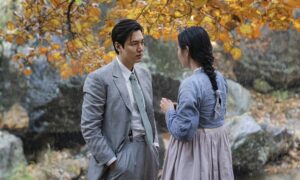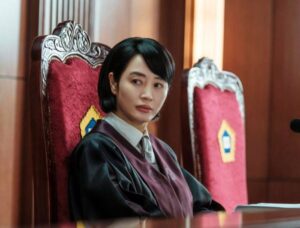“Our Blues” (우리들의 블루스) Is One Of the Best K-Dramas in Recent Years

At first glance, “Our Blues” appears to be about a somewhat eccentric community of folks in Jeju-do — South Korea’s largest island. And it is. But it’s also about so much more. Over the course of 20 episodes, the series weaves together the complex stories of more than a dozen characters, creating a larger picture of love, forgiveness, and what it means to truly look out for one another.







